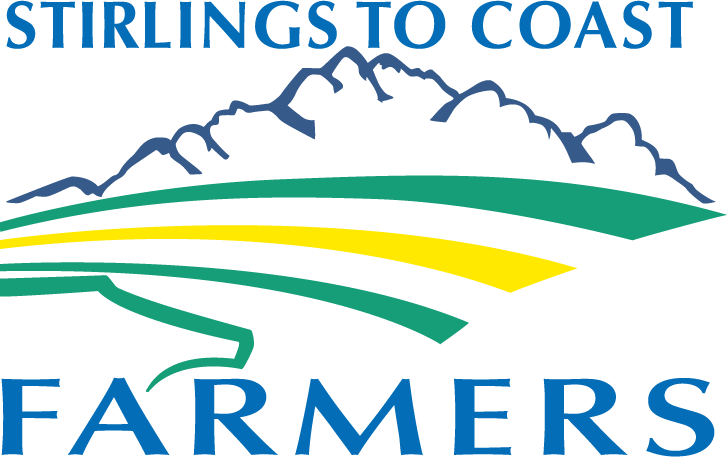RIPPER GAUGE PROJECT
key messages from 2019 trials
All soil amelioration treatments were statistically equivalent or higher than the untreated controls at the Ripper gauge sites in the Albany port zone in 2019.
Likely, compaction was not an issue at the Tenterden and Darkan demonstration sites due to their high gravel content. Therefore, soil amelioration did not show any yield improvements at these sites.
Several environmental conditions impacted the results from the Kojoneerup ripper gauge site in 2019. Soil amelioration via claying is required to eliminate future wind erosion risks.
The Albany port zone experienced a dry start and dry finish to the growing season in 2019. This impacted yields for at least two of the trials managed by SCF and Southern Dirt.
Summary
This project involves implementing four deep ripping demonstration sites within the APZ on four different soil types. The trial demonstration sites will include different ripping machines depending on the subsoil constraints at each of the trial sites that need fixing. The main soil constraint to be investigated is compaction, but the project also looks at non-wetting topsoils, waterlogging and acidity.
2019 Conclusions
Tillage treatments from the Kojoneerup, Tenterden, and Darkan sites achieved grain yields that were not statistically higher than the untreated control in 2019. The Broomehill site results show a significant increase in yield in three of the four tillage treatments compared to the untreated control.
Like the 2018 season, the soil moisture levels were low from limited summer rainfall in 2019 when the Tenterden ripping treatments were implemented on April 4, 2019. The best soil conditions for ripping are when soil moisture is present but less than field capacity. Moisture in the soil reduces soil strength, which allows the tillage implement to reach greater depths. In 2019, the soil at the Tenterden site was very dry until mid-June when the season finally ‘broke’.
All ripper gauge demonstration sites will be monitored again in 2020, the final year of the project.
Resources
ACKNOWLEDGEMENT
SCF would like to thank GRDC for investing in this project and Southern Dirt for partnering with us.



